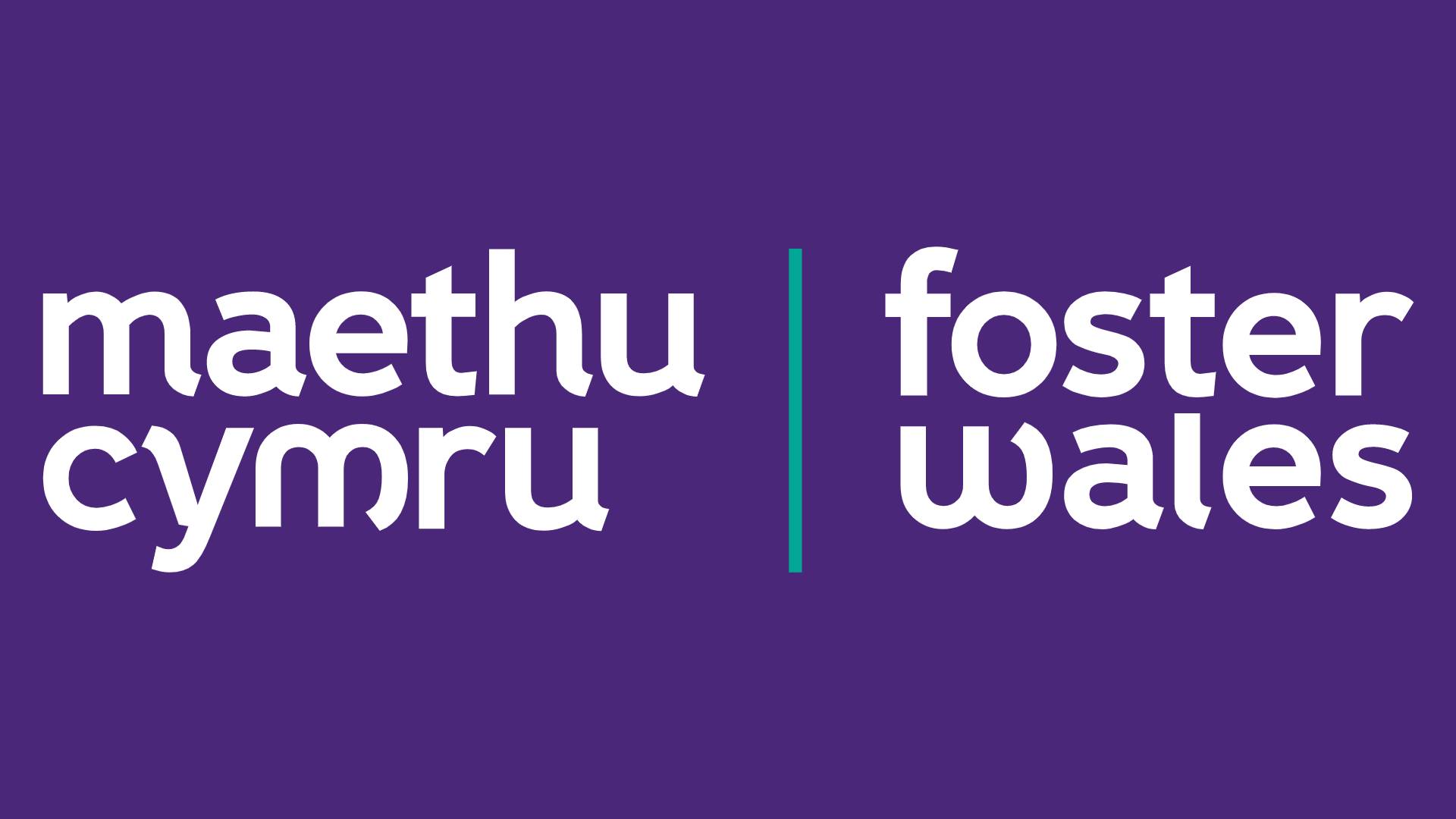The adoption process

How adoption works
Adoption is an exciting and rewarding process, but it is also thorough and, at times, challenging.
This process ensures we find the best match for our children waiting.
We’ll be here to support you at each step of this life-changing journey.











After approval
Once approved, your profile is shared with children’s social workers, and your social worker will help to find children whose needs you could potentially meet.
Read more






